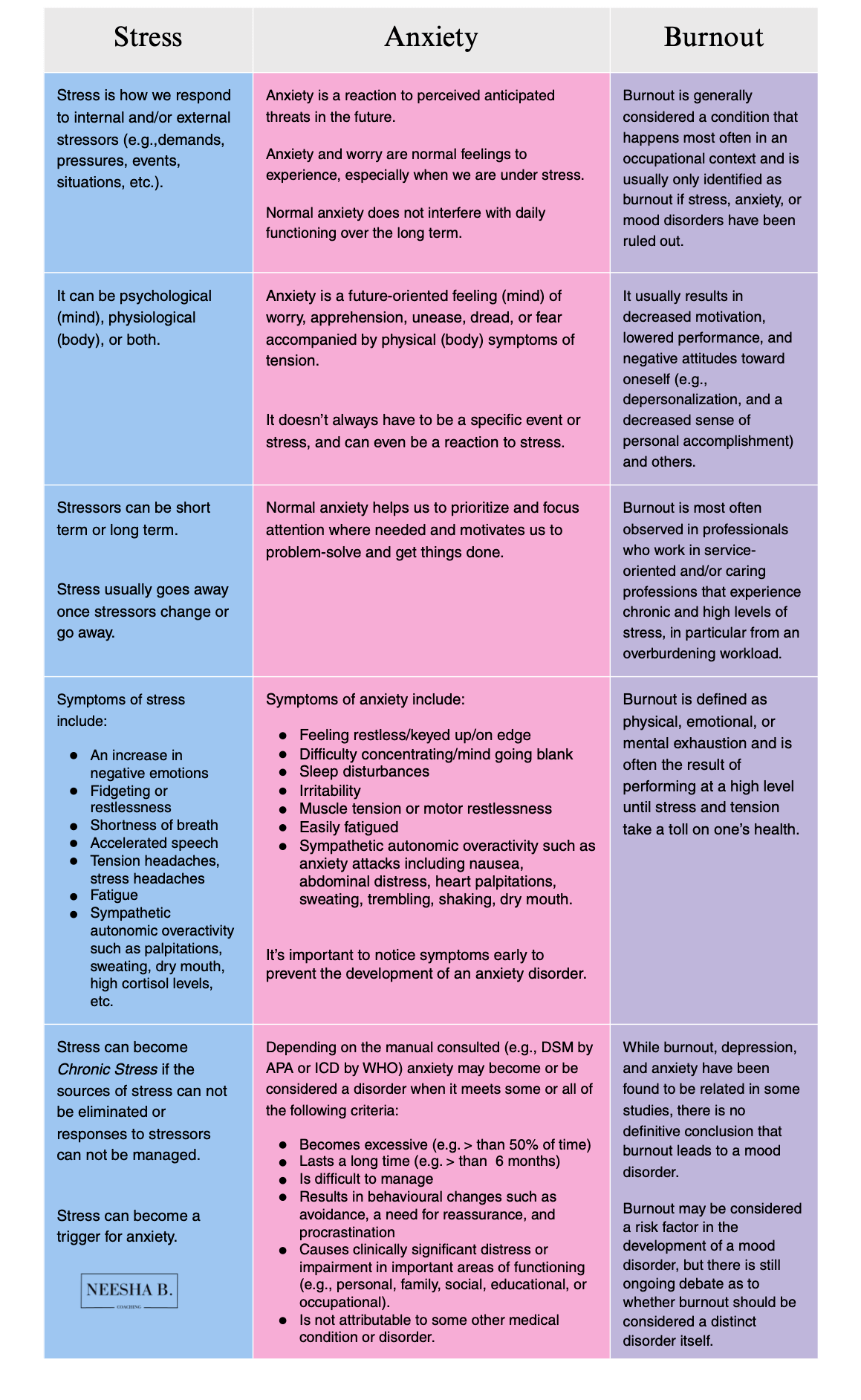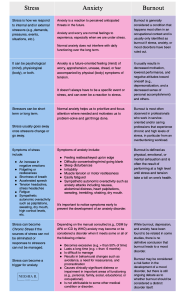

How Goal-Setting Can Help Teens Succeed: Building Confidence, Health, and Resilience
Encouraging teens to set and achieve their own goals not only prepares them for success in school but also equips them with essential life skills. By supporting teens in this journey, parents can help foster independence, self-confidence, and resilience—qualities that will serve them well throughout their lives.









